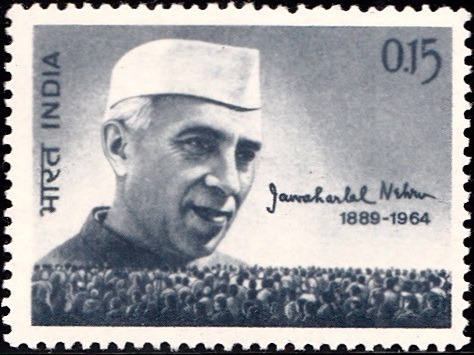
India on Jawaharlal Nehru 1964
A commemorative postage stamp on the death of Indian Prime Minister (1947-64), Jawahar Lal Nehru :
Issued on Friday, Jun 12, 1964
Type : Stamp, Mint Condition
Colour : Grey
Denomination : 0.15
Overall size : 3.91 x 2.90 cms.
Printing size : 3.63 x 2.62 cms.
Perforation : 13
Watermark : Printed on unwater–marked paper
Number printed : 20 million
Set : 35 per issue sheet
Printing process : Photogravure
Designed and printed at : India Security Press
Name : Jawaharlal Nehru
Born on Nov 14, 1889 at Allahabad, Uttar Pradesh, India
Died on May 27, 1964 at New Delhi, India
About :
- “The passing away of Jawaharlal Nehru marks the end of an epoch in the life of our nation. Yet the ideals for which he worked and the values for which he stood will abide for all time to come. We find ourselves today overwhelmed with grief and a sense of loss. But we would not be true to his memory if we give ourselves to despair and uncertainty. Let us keep alive his torch, which he lit for the freedom and progress of the country, and unswervingly follow the path, which he has lighted for us. May his memory remain evergreen with us – an inspiration for achieving the goal, which he has set before the country and the people. He did not fail us; let us not fail him.“ (Message by S. Radhakrishnan, Prime Minister House, New Delhi, 9th June, 1964).
- “Pandit Jawaharlal Nehruji‘s memory will be cherished by a grateful world as long as humanity lives. But we whom he has left desolate strive to seek solace to fill the aching void. It is for this that we think in terms of tangible steps like memorials and monuments to remain ourselves of what he lived for and to feel some nearness to him again. This commemorative stamp is such humble tribute to his memory. But his real memorial will be if we carry on his work as he would have wanted us to do, and so conduct ourselves that we would have been proud of us.“ (Message by Lal Bahadur Shastri, Communication and Law Minister of India, New Delhi, 7.6.1964).
- “The Posts and Telegraphs Department offers its homage to our great leader on his passing away. The stamp, which we are bringing out, is a humble effort to remind us and the world that death cannot part a leader from his people with whom destiny had bound him imperishably and whose life, therefore, remains inextricably inter-woven into their texture. Death has snapped his mortal bonds but his spirit will ever guide us through our long and arduous journey towards the goal he left for us. We shall be worthy of being his followers only if we keep his torch aflame by our work and devotion for the cause, which was so dear to him.“ (A. K. Sen, Registered No. D221 The Gazette of India, Extraordinary Part 1 Section 1 Published by Authority No. 70, New Delhi, Friday, May 29, 1964, Jyaishtha 8, 1836. Separate paging is given to this part in order that it may be filed as a separate compilation. President Secretariat Notification, New Delhi, the 29th May 1964. No. 43-Pres./64.)
- The passing away of India’s beloved leader and Prime Minister, Jawaharlal Nehru, on May 27, 1964, has plunged the whole nation into the profoundest grief. The country has suffered its greatest lost since the death of the Father of the nation. Jawaharlal Nehru belonged to the whole of mankind, as he belonged to the people of India and the world today mourns the departure of this great figure. A valiant fighter for the people of India, all his life, Jawaharlal Nehru was the chief architect of modern India. His entire life was dedicated not only to the ideals of national freedom, unity and solidarity but equally to those of world peace and progress. Born at Allahabad, on November 14, 1889, Jawaharlal Nehru was the son of Pandit Motilal Nehru, an eminent lawyer and one of India‘s greatest patriots. At the age of 15, he went to England and after two years at Harrow, studied at Trinity College, Cambridge. He was later called to the Bar from the Inner Temple and he returned to India in 1912. Destiny has not intended him to confine himself to the legal profession and he was drawn irresistibly towards the movement of India‘s freedom. His meeting with Mahatma Gandhi in 1916 was the coming together of two great sources and was to prove to be a landmark in Jawaharlal Nehru‘s life. In the same year he was married to Kamala Kaul, who stood by him throughout all the joys and tribulations of his life until her early death in 1936, leaving behind her only child and daughter Indira.
- After the epochal meeting with Mahatma Gandhi, Jawaharlal Nehru and his whole family were plunged in the main stream of the freedom struggle. In 1918, he was elected Secretary of Home Rule League, Allahabad, and became a member of the all India Congress Committee of which he remained a member for the rest of his life. He was soon assisting Deshabandhu Chittaranjan Das in the enquiries into the repression that followed the Jallianwala Bagh tragedy in Punjab and by 1920 he was in close contact with the problems and aspirations of the Indian peasantry, beginning with the Kissan Agitation in Eastern U.P. In 1921 came the first of the many occasions on which he courted arrest by refusing to obey orders he considered unjust. In 1923, he was arrested for disobeying orders to leave the then state of Nabha. Thus began his special association with the freedom struggle in the Indian State. In 1927, began his long association with the International democratic movements with his participation in the Congress of Oppressed Nationalists in Brussels as an official delegate of the Indian National Congress, which he followed up with an extensive tour of Europe and his first visit to the U.S.S.R. In 1929 he was elected President of the Lahore session of the Indian National Congress.
- The national struggle entered a new and significant phase when on the sacred banks of the Ravi the Congress took the pledge on the historic day of December 31, 1929, of complete independence as it’s goal. The thirties saw Jawaharlal Nehru become the acknowledge heir to Mahatma Gandhi in between recurrent spells of incarceration and despite his preoccupations with national problems he found time also to participate in the struggle against the onslaughts of fascism in different parts of the world. He lent courageous support to the republican forces in Spain and visited the country during turbulent days. His was one of the resounding voices in the years preceding the holocaust of the Second World War, warning the democratic forces all over the world against its coming menace. The failure of the then Government of India to give the Indian people a meaningful opportunity to participate in the world struggle against fascism inexorably led to a conflict. The historic “Quit India” Resolution was passed by the All India Congress Committee at Bombay on August 9, 1942, and immediately thereafter Mahatma Gandhi, Jawaharlal Nehru and other leaders were imprisoned. On their release three after negotiations with the British Government began and Jawaharlal Nehru took office as Vice-President of the Executive Council when the Interim Government of India was formed on September 2, 1946.The constituent assembly met on December 9 in the same year. Events followed in rapid successions leading to the partition of India. On August 15, 1947, India and Pakistan came into being as two separate countries. On that solemn midnight when India became free Jawaharlal Nehru declared“Long years ago, we made a tryst with destiny, and now the time comes when we shall redeem our pledge, not wholly or in full measure but very substantially“
“To the people of India, whose representatives we are, we make an appeal to join us with faith and confidence in this great adventure. We have to build the noble mansion of a free India where all her children may dwell“
- In these seventeen years, he had to beer many a grievous shock and none greater than assassination of the Father of The Nation on January 30, 1948. Jawaharlal Nehru rallied the nation.”
A great disaster is a symbol to us to remember all the things of life and forget the small things of which we have thought too much.“
- As the years passed Jawaharlal Nehru lost many a trusted lieutenant and comrade in arms; undeterred he strove to build the India of his dreams. His world vision remained undimmed. He convened the Asian Relations Conferences in March, 1947 and was it’s moving spirit. In 1954 he enunciated the Panch Shila, the five principles of peaceful co-existence. There were other International Conferences leading to the Bandung Conference in 1955. He gave the world the Doctrine of non-alignment, which was affirmed at the summit meeting of the non-aligned nations in Belgrade in 1961. Jawaharlal Nehru was dedicated to the ideals of the United Nations and the principles of the Charter. He addressed the third General Assembly session in Paris in 1948. His last appearance at the United Nations was in the year 1960. There he moved to a significant resolution stressing the need for world peace and urging the leaders of the great powers to renew their contacts. He was the first head of Government to support the partial test-ban pact signed by the three Nuclear Powers in August, 1963. He strove tirelessly against war and for total disarmament. He initialized and supported action for the liberation of dependent countries. He fought against the exploitation of man by a man and worked ceaselessly to bring freedom from fear a hunger not only to his own people but to the world at large. He set his face against all political and military blocs as the greatest impediments to world peace. Not the least abiding of Jawaharlal Nehru‘s contributions was his concept of a revolution in our national economy through planning within a democratic framework. Even before India had attained freedom, he foresaw the need for economic planning and was instrumental in setting up the National Planning Committee under the aegis of The Indian National Congress as early as in 1936. When freedom came, the earlier efforts bore fruit. The planning commission was setup and in 1951, India embarked upon her historic series of five-year plans. The acceptance of Economic Planning as a way of life by many new free nations is an eloquent tribute to his basic social and economic thinking. Jawaharlal Nehru was unremitting in his endeavour for the unity and solidarity of the Indian Nation. He struggled ceaselessly to blend the different elements of our national life into an integrated social structure. He fought against all the barriers of cast, religion and language and for the uplift of the less privileged. He constantly affirmed the secular concept of our State as necessary for all sections of the people to live together in peace and harmony.
- Jawaharlal Nehru was a distinguished man of letters. He utilised his spells in prison to write “Autobiography“, “Letters from a father to his daughter“, “Glimpses of World History” and “Discovery of India” which have found a permanent place in literature. Such was the man who led this country for so many decades and administrated it so wisely for eighteen years-an upholders of the noble values of human life and dignity of man. There could be no finer epitaph for Jawaharlal Nehru than that which he himself suggested in a pensive mood, with characteristic humility – “If any people choose to think of me then, I should like them to say ‘This was a man who with all his mind and heart loved India and Indian people. And they in turn, were indulgent to him and gave all their love most abundantly and extravagantly’“ That loving memory the Indian people, and indeed, the people of world, will always cherish for Jawaharlal. For as Rabindranath Tagore said, “he had never fought shy of truth when it was dangerous, nor made alliance with falsehood when it would be convenient.“


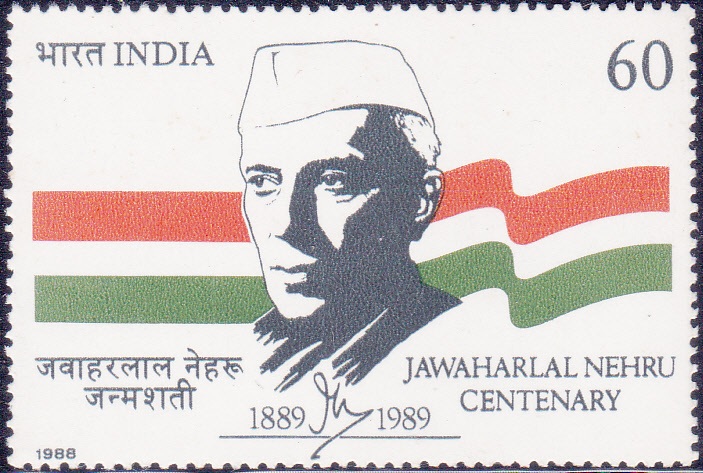
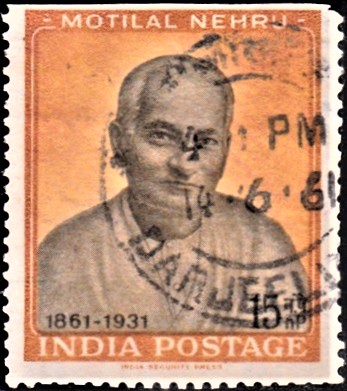
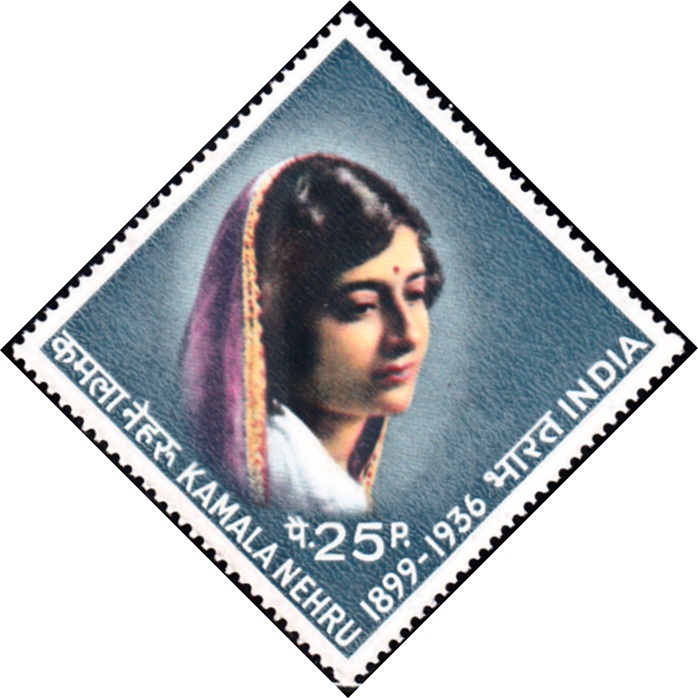
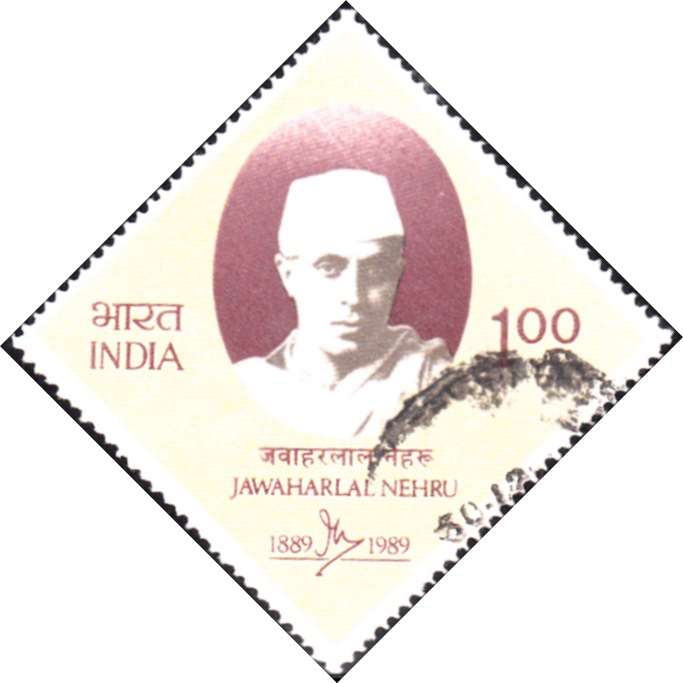

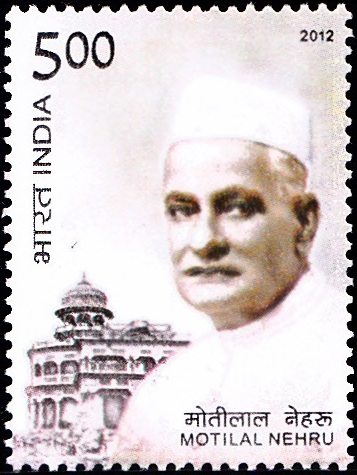
[…] 29 Mar 1960, while addressing the first meeting of Border Roads Development Board, Pandit Jawaharlal Nehru, the then Prime Minister of India announced a special status for BRDB to cut down procedural delays […]